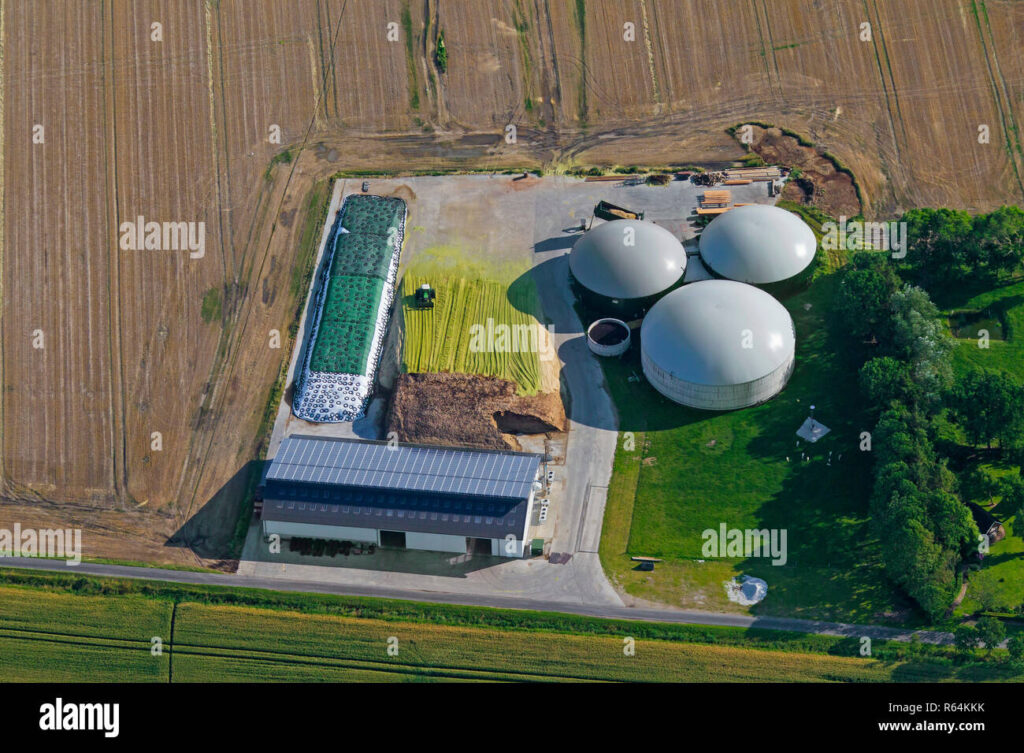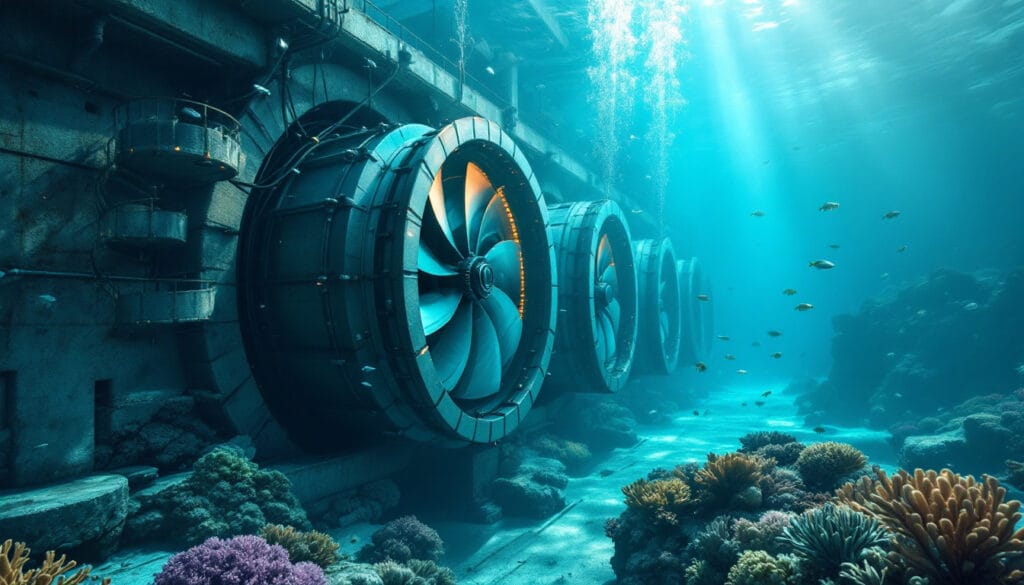Anaerobic Digestion: An Innovative Technology
Anaerobic digestion is a fascinating biological process that involves breaking down organic matter in the absence of oxygen. This natural process occurs thanks to the action of microorganisms that metabolize organic waste to produce biogas. This gas, primarily composed of methane, can be utilized as a source of renewable energy.
Once initiated, anaerobic digestion is divided into several key phases: hydrolysis, acidogenesis, acetogenesis, and methanogenesis. Each of these steps is essential for efficiently transforming organic materials into biogas. Biogas producers often establish systems such as digesters to optimize these processes.
The greatest advantage of this technology lies in its ability to process various types of waste: agricultural residues, food waste, sewage sludge, or even whey. This not only helps reduce the pollution associated with these wastes but also generates a clean energy source, thus contributing to global efforts toward sustainable development.
Moreover, anaerobic digestion produces a solid residue known as digestate. This by-product is often used as a natural fertilizer, returning essential nutrients to the soil and closing the biomass cycle. It is a beautiful illustration of the concept of a circular economy, where nothing is wasted, and everything is transformed.
For a better understanding of this technology, the article “What is Bioenergy?” offers detailed explanations about the production and use of energy derived from biomass, of which anaerobic digestion is a part.
Gustavo Best, an expert in biomass energy and special advisor to the FAO, has repeatedly emphasized the importance of this technology. He believes that with the growing demand for renewable energies, anaerobic digestion represents one of the most promising pathways to manage our resources responsibly.
A concrete example of this technology in action can be found at the Bioenergiepark Güstrow in Germany, led by Reinhard Hübner. This park is one of the largest biogas production centers in Europe and perfectly embodies the industrial exploitation of anaerobic digestion on a large scale.
In conclusion, anaerobic digestion proves to be a technology with great potential for our energy future. Not only does this method provide an ecological solution for managing organic waste, but it also serves as an effective response to today’s energy challenges.

FAQ: Understanding Anaerobic Digestion
Q: What is anaerobic digestion?
A: Anaerobic digestion is a biological process in which organic materials are broken down by microorganisms in the absence of oxygen, thus producing biogas.
Q: What are the main products of this process?
A: The main products of this process are methane and carbon dioxide, which together form biogas, as well as solid residues or digestate.
Q: What are the benefits of anaerobic digestion?
A: Anaerobic digestion allows for the production of renewable fuel, reduces organic waste, and minimizes greenhouse gas emissions.
Q: Where is this process used?
A: This process is used in facilities such as wastewater treatment plants, farms for treating effluents, and industrial sites for waste management.
Q: What role do microorganisms play in anaerobic digestion?
A: Microorganisms play a crucial role in breaking down organic materials and transforming organic components into biogas and nutrients for soils.
Articles similaires
Thank you!
We will contact you soon.













